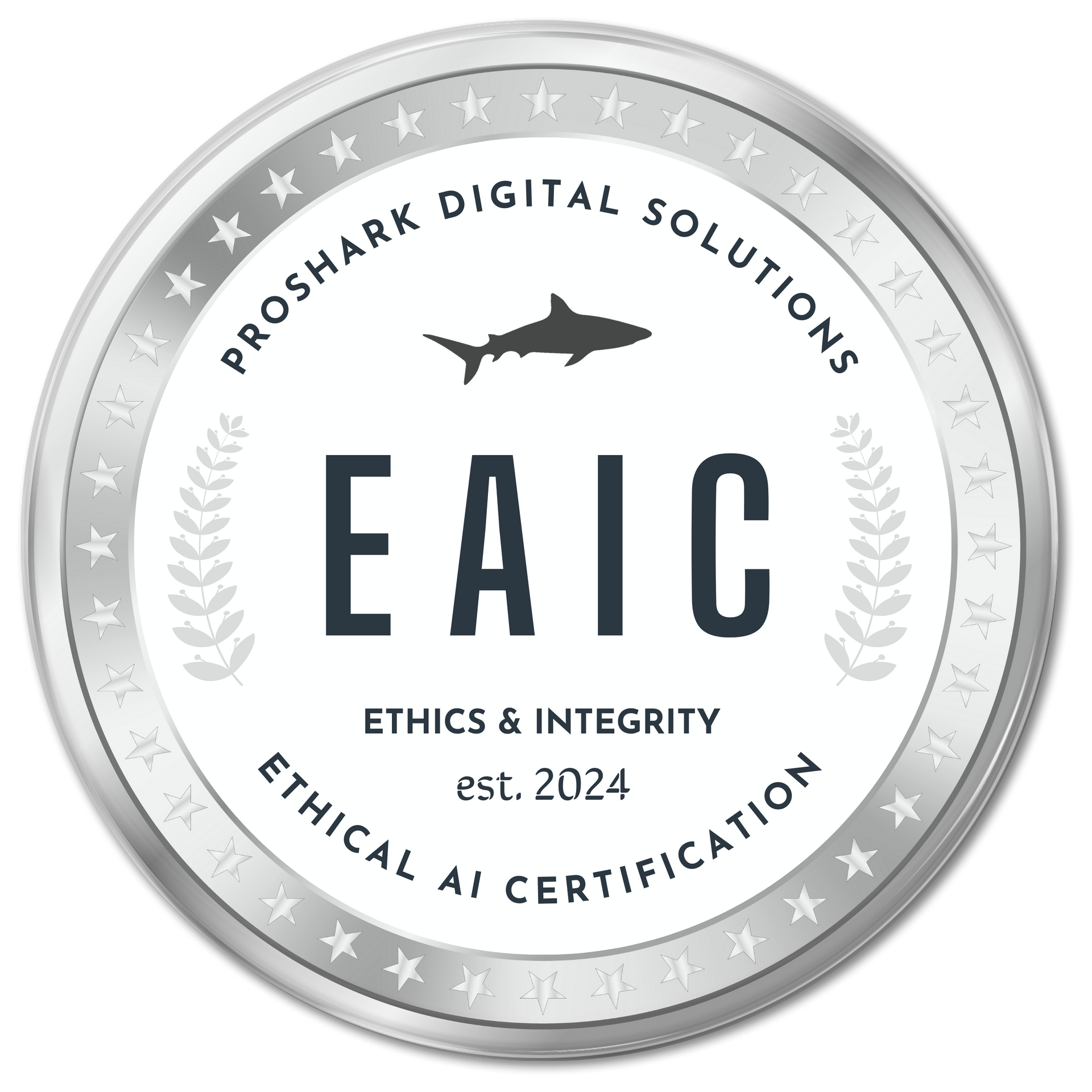Bulk Email vs Spam: What is the Difference?
If you want to get into a heated debate, then discuss bulk email vs spam. This topic will continue to be controversial as long as email remains the #1 ROI (Return On Investment) in the digital marketing world. To begin to understand the difference, we have to look at the definitions as a starting point. Before we do that, let’s look at a few Bulk Email Myths that will get answered along the way.
Bulk Email Myths
- Everyone tells me bulk email is illegal – False
- bulk email is the same as Spam – False
- Is bulk email a violation of the CAN-SPAM Act of 2003? – False
- I can bulk email without following the rules – False
Spam is without question one of the most abusive sources of email we get everyday in our inbox no matter how strong we set our inbox spam filter. The problem, nobody can even get the definition of spam correct, not even Merriam-Webster. Using the part of the definition that is correct, we define it as the following;
Spam
- (noun) irrelevant or inappropriate messages sent on the Internet to a large number of recipients.
- (verb) send the same message indiscriminately to (large numbers of recipients) on the Internet.
How is Bulk Email Different?
So that is the same as bulk email, right? Wrong. We will use an analogy that we can all relate to. You walk to the mailbox to get your mail. You open up the box and there are all the flyers and credit card offers and catalogs that you hate to get because you never look at them so you just have to throw them away.
Some of those ads just sent out to all addresses blindly without regard to who might be on the other end. You want to call or send a letter to the company to stop receiving those ads, but there is no phone number or address on the advertisement. Finally, you get in touch with the company to remove yourself from their mailing list, but you keep getting the ad week after week with no end. You file a complaint and even talk to anyone who will listen to get yourself off of the mailing list. All to no avail. That is spam.
Bulk Email & CAN-SPAM
Bulk email, by comparison, are ads that you receive, but they are clearly marked as ads. When you want to no longer receive these ads, you have a clearly defined way of stopping them. These can be sent to unsolicited recipients (any address) as advertisement for products or services, but you have to follow the rules. In fact, the United States CAN-SPAM Act, Canada’s CASL laws and UK’s Privacy and Electronic Communications Regulations all have regulations regarding recipients and whether they can receive unsolicited mail (CAN-SPAM – Wikipedia). That is the difference between Bulk Email vs Spam.
In the US, since the Act was passed, the FTC (Federal Trade Commission) has largely not enforced any of these guidelines anyway. Even so, it is still important from a liability perspective to make sure that you follow the rules. Nobody likes “junk” mail, but as long as it is effective companies will continue to use it for a good reason. It produces results. That is where an ESP (Email Service Provider) who is knowledgeable on the rules and guidelines comes into play. Bulk email is not the same as spam, but it can easily cross over the line and become spam which opens you up to liability.
Proshark is an expert in email services, list cleaning and email management. Bulk email wisely.







